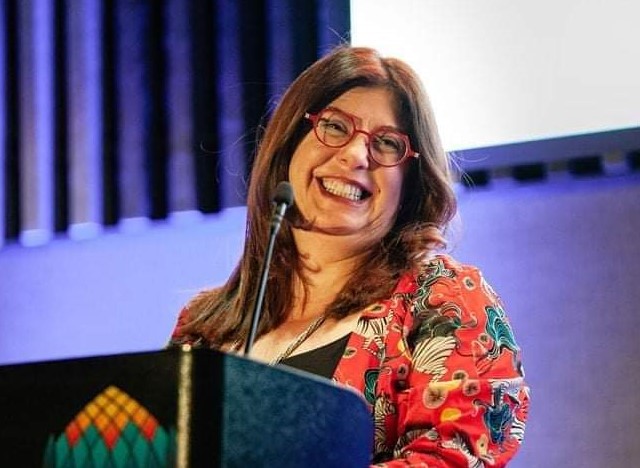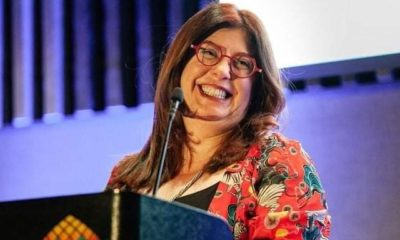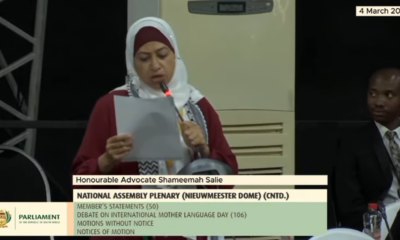
Voices

South African paradox
This week, I had the honour of presenting at the conference of the London Centre for the Study of Contemporary Antisemitism, where I serve as a research fellow. The centre, established by Dr David Hirsh, a longtime friend of our community, seeks to dismantle the intellectual foundations of antisemitism in public life and address the increasingly hostile climate for Jews in universities. It stands as a vital academic voice in confronting the institutional antisemitism that has taken root in universities worldwide, a challenge we in South Africa know all too well.
The conference brought together remarkable speakers from across the globe, and it was both enlightening and sobering to discover how the antisemitism we face in South African academia and broader society echoes the experiences of Jewish communities elsewhere. Themes of online antisemitism, Holocaust inversion, and campus hostility emerged as shared struggles, carefully unpacked over the course of the event.
In my presentation, I explored what I’ve come to call the South African paradox: a persistent tension between the hostility of government and academic institutions and the absence of widespread grassroots support for such views. I traced how the African National Congress (ANC), shaped by its historical ties to the Palestine Liberation Organization, has veered beyond the red lines it once set to safeguard minority rights and ensure all felt at home in this nation. Yet, despite its relentless anti-Israel rhetoric, amplified by renewed prominence on the world stage, the ANC hasn’t succeeded in swaying the South African public. The party’s poorest electoral performance since 1994 speaks volumes, with post-election polls revealing that most voters prefer their representatives to steer clear of taking sides on the Israel/Gaza issue.
Turning to our universities, I shared how South African campuses, the birthplace of Israeli Apartheid Weeks, have undergone a transformation. Through persistent efforts by the South African Jewish Board of Deputies (SAJBD) and other Jewish stakeholders, these spaces have become safer for Jewish students. This shift reflects not just a response to past challenges, but a proactive commitment to dialogue and engagement.
While this paradox between the attitudes of those in power and the sentiments of ordinary South Africans sets us apart, the academic hostility we face aligns us with Jewish communities worldwide. This commonality underscores the value of learning from one another. We’ve had successes worth celebrating here in South Africa, and it was a privilege to share these with an international audience, just as we draw inspiration and learnings from their efforts.
The Board’s participation in this conference caps a period of intense global engagement for the SAJBD. Despite our small size, our community continues to hold a meaningful place in the tapestry of world Jewry. It is a mantle we carry with pride, knowing that our voice contributes to the broader fight against antisemitism and the affirmation of Jewish life wherever it thrives.








